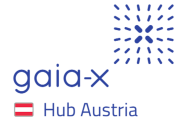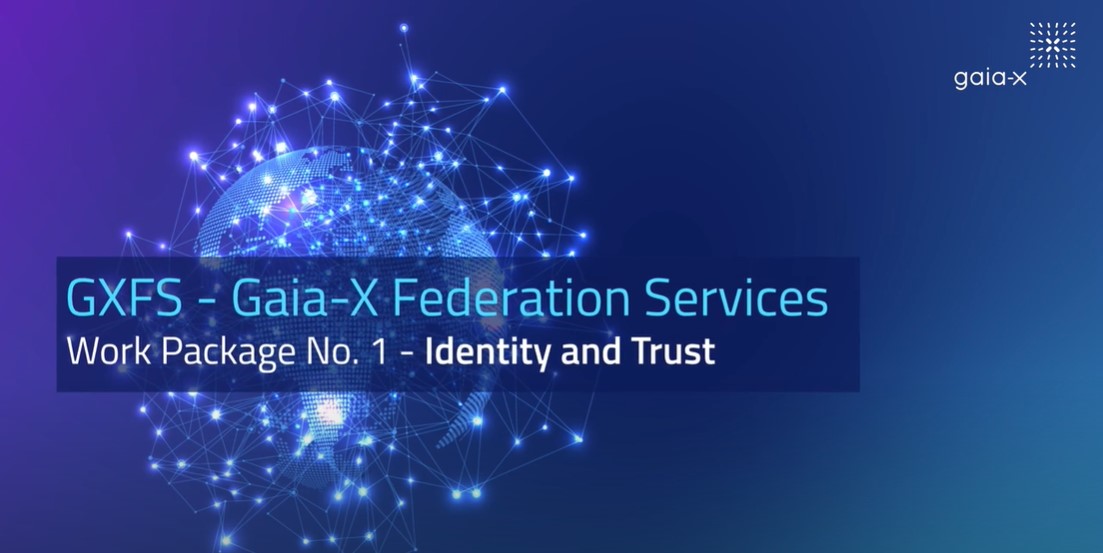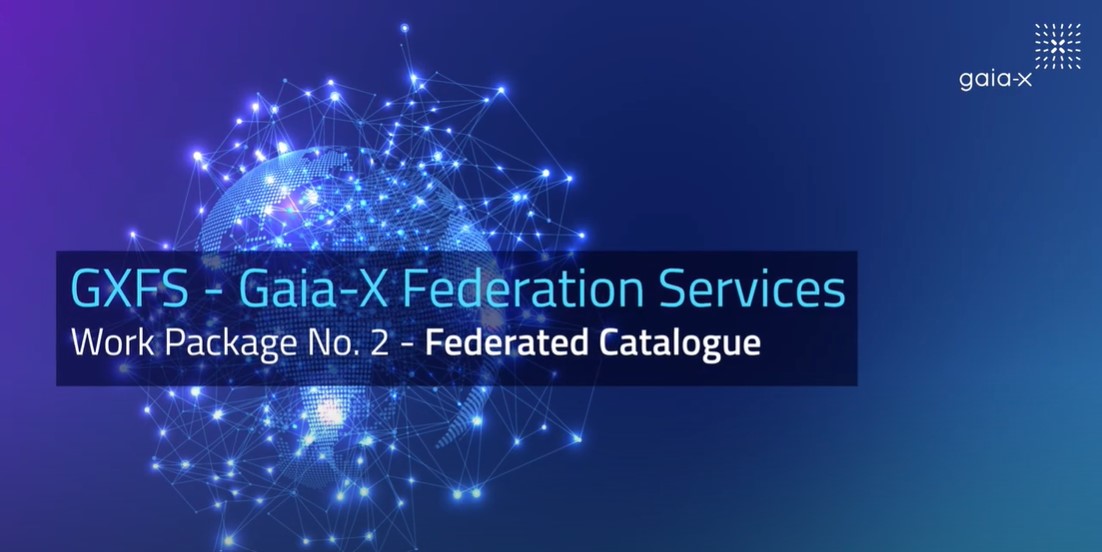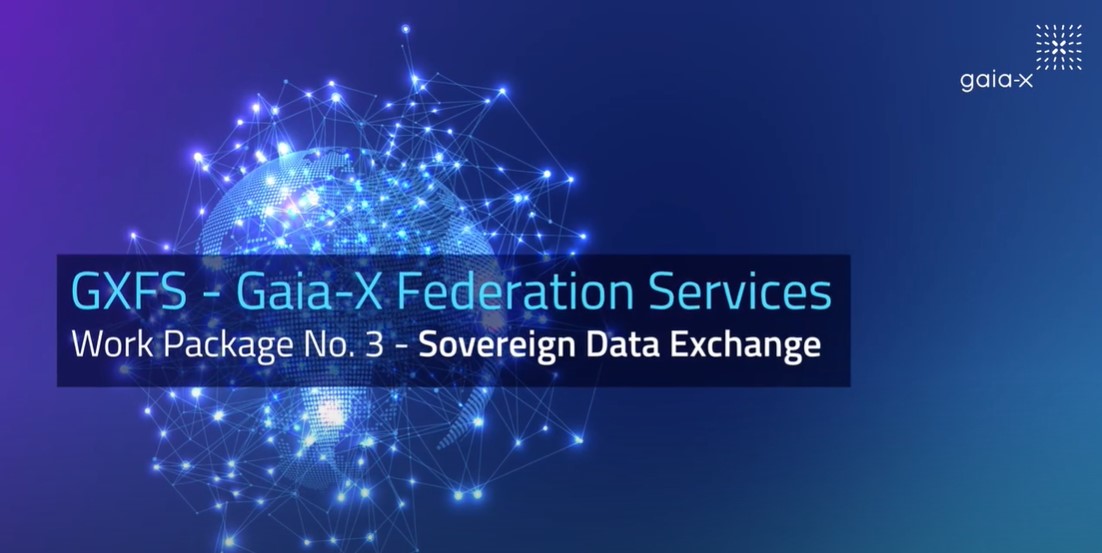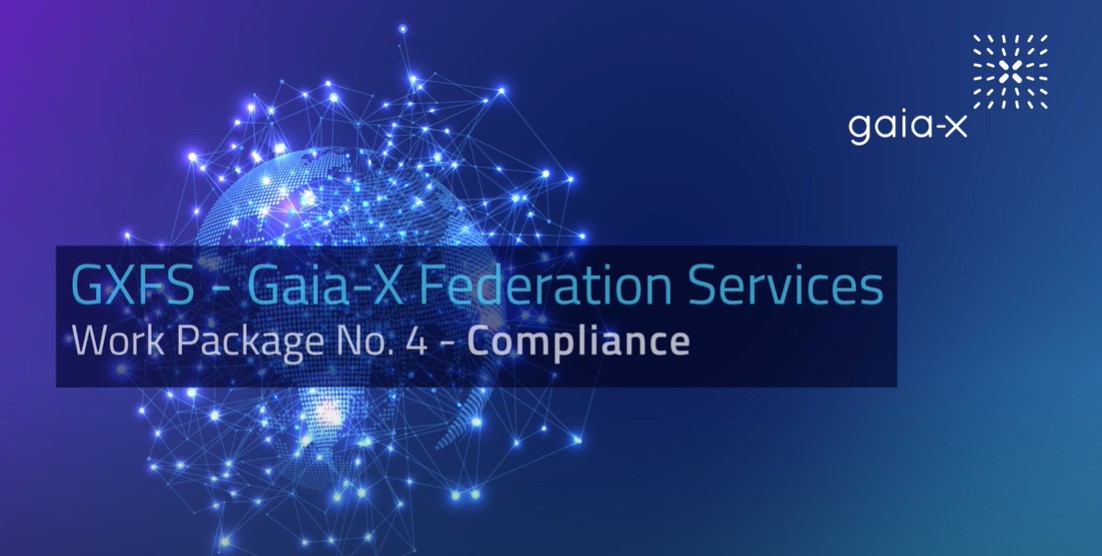Terminology
Gaia-X European Association for Data and Cloud AISBL is an independent organization established as a non-profit association in Brussels that currently has around 340 members (as of 06/2022). It is funded through membership fees.
Gaia-X was founded with the goal of overseeing the technical development of the necessary central software components (Federation Services, GXFS). The Association publishes all specifications and compliance rules and makes the entire software code of the Federation Services publicly available via open source. The members of the AISBL are committed to upholding the values of data protection, transparency, openness, security, and respect for data rights.
The Association has no business interest of its own, and its decision-making bodies include only European members.
Gaia-X Hubs are the central and country-specific points of contact for businesses, stakeholders, initiatives, associations, and public institutions. Their purpose is to help the Gaia-X initiatives of the respective local economies achieve success. There are currently Gaia-X Hubs active in 15 countries within Europe and beyond (as of 06/2022).
The term “Federation” refers to a set of multiple actors jointly adhering to the Gaia-X rules and using the same standards and defined interfaces to ensure secure and sovereign exchange of data. A Federation thus also describes transactions between different IT systems. It reduces uneconomical island solutions and monopolization while supporting interoperability and the building of trust.
Organizations may agree to establish any number of Federations defined according to Gaia-X standards. They do so on the basis of mutually agreed rules and with the help of the technical Federation Services (GXFS) provided by Gaia-X. This allows them to connect their IT services in a trustworthy manner to mutually exchange data and use them securely.
Gaia-X enables the interconnection of all actors in the digital economy according to European values and norms. A set of policy rules and guidelines and a standard architecture framework are defined to further promote portability, interoperability, and connectivity of infrastructure, applications, and data.
Gaia-X standards are entirely based on existing standards for data and sovereignty as well as applicable infrastructure components. They include regulatory standards, industry-specific standards, and technical standards.
Currently, the Gaia-X ruleset is comprised of the following documents:
- Gaia-X Architecture
- Gaia-X Trust Framework
- Gaia-X Policy Rules Document
- Gaia-X Labelling Criterias
In addition, there are detailed specifications on the Gaia-X Federation Services.
In order to realize the values and principles of Gaia-X, software components referred to as Federation Services (GXFS) are being developed. They consist of various basic components serving e.g. to identify participating organizations, present available data services, monitor the observation of Gaia-X rules, or exchange data smoothly. The Gaia-X Association makes the entire software code of the Federation Services publicly available via open source.
You can learn more about the Gaia-X Federation Services in the following videos:
The term “data space” refers to a type of data relationship between trusted partners adhering to the same high standards and guidelines regarding data storage and exchange. However, a critical aspect of the data space notion is that data are not stored centrally but rather at their source, and are thus only transferred as necessary.
A data space is the sum of all its participants – which may be data providers, users, and intermediaries. Data spaces can be nested and overlapping, so that a data provider, for instance, can participate in several data spaces at once. Data sovereignty and trust are essential for data spaces to work and support relationships between participants. Each data space provides specific data and thereby forms a solid ground for each ecosystem. The software required to implement data spaces runs on cloud/edge cloud infrastructures.
When organizations establish a Gaia-X Federation, an associated data space is created. Gaia-X-compatible data spaces facilitate cooperation between different actors, thereby generating innovation opportunities and enabling value creation.
